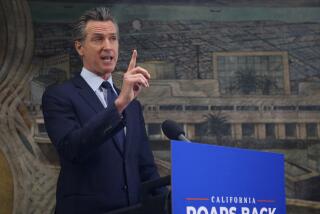How your taxes will rise under ‘fiscal cliff’ deal
Americans may be breathing a deep sigh of relief that Congress resolved the so-called fiscal cliff crisis for the time being – until they see their next pay stubs. That’s because payroll taxes will increase on most workers after Congress decided not to reverse an expiration of a payroll tax cut – a development that was largely expected. Payroll taxes rose to 6.2% under the deal, from 4.2% last year.
The nonpartisan Tax Policy Center estimates that 77% of Americans will see higher taxes because of the elimination of the payroll tax cut, meaning $115 billion less in disposable income.
The payroll tax cut helped Americans put more of their incomes in their pockets in 2011 and 2012, and before that, the Making Work Pay tax credit gave relief to workers in 2009 and 2010, said Joe Rosenberg, a research associate at the nonpartisan Tax Policy Center.
And “2013 will be the first year there’s not stimulus-related targeted tax relief for individuals,” he said.
A household making $50,000 to 75,000 a year will make $822 less this year than last year, according to Rosenberg’s calculations. Those making $75,000 to $100,000 will see $1,206 less in their paychecks, while those making $200,000 to $500,000 will see a drop of $2,711 in their paychecks.
Workers making $500,000 to $1 million will see a drop of $14,812 in their paychecks, more than $1,000 a month.
Studies show that high-income earners tend to save less but spend the same when they experience changes to their income, Rosenberg said. Middle- and low-income earners tend to spend less, he said. But despite the shock workers may feel when they see their next paychecks, it could have been worse. Though Congress didn’t extend the payroll tax cut, it extended many other tax breaks for middle-income earners. Few consumers should be surprised that the payroll tax cut was on the chopping block, he said.
“This was always meant as a temporary provision to stimulate the economy when it was weak,” he said. “There was very little political support to see it continue.”
ALSO:
Fiscal cliff plan clears House with GOP divided
Fiscal cliff deal won’t help labor market, economists say







